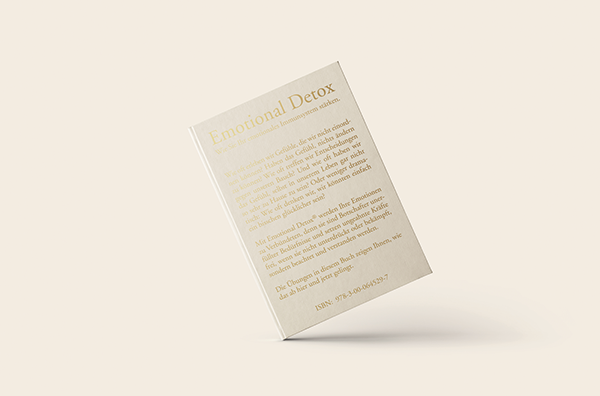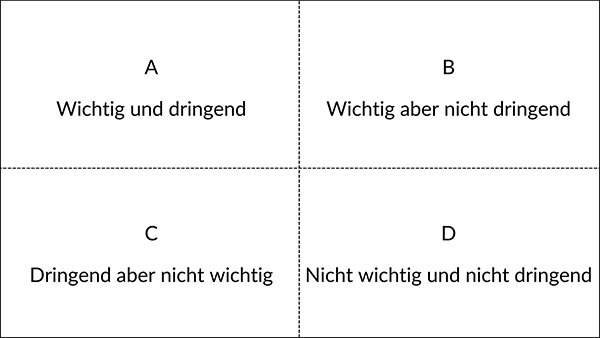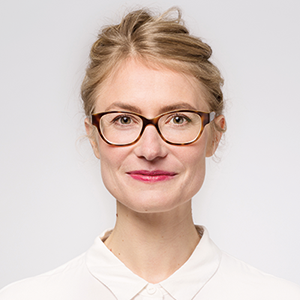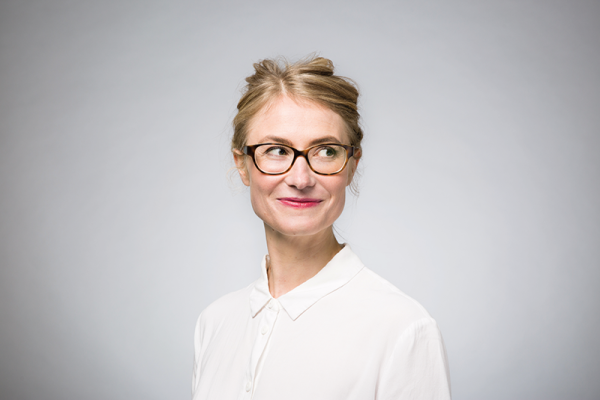8 Tips to strengthen your emotional immune system
A cooperation with Laura Ritthaler
With her book „Emotional Detox - How to strengthen your emotional immune system" (available in German only), author and graduate psychologist Laura Ritthaler provides an exciting guide to detoxifying your emotional world. She uncovers the unfulfilled needs behind your feelings and helps you to strengthen your emotional immune system by using "ED Meds", the so-called Emotional Detox Medications. Out of these 41 concrete tips from Laura's book, here we present to you 8 that go particularly well with winter.
Our body is the loyal employee who always steps in when we as the boss can't keep up, who reminds us to be more mindful of ourselves. [...] We should rather learn to listen to it and to trust it.
- Laura Ritthaler
ED MED 1: Provide plenty of warmth
Sauna, hot water bottle, candles, bathtub, ginger, wool. We humans absolutely need warmth. Especially in winter or when we are cold inside, because we are confronted with extraordinary challenges such as a stroke of fate. In order for us to not build up a pseudo-protective layer by eating too much food, we should make sure that we are always warm. Think about what gives you warmth. This can be scents or activities that remind you of warm moments and keep you warm inside – for example singing or humming. Your body will be grateful because warmth will provide it with the energy it needs to cope with emotionally demanding situations. Tension is released; your body remains supple.
ED MED 2: Get to know your personal rhythms
Observe yourself! When are you at your fittest? Are you a morning, noon, evening or night person? When can you best concentrate? How many breaks do you need? How long do these breaks need to be in order to be able to work, live and love properly? Knowing your own rhythms and taking care of yourself accordingly is a stabilising foundation. As long as we are not aware of our personal characteristics, we perceive our body's clever strategy of "taking what it needs to function" as a deficit. Yet it is a precious strength that the body forces us to pause when necessary by sending us headaches, nausea or dizziness. Even the moments when we just feel like crying are valuable because they are a way of emotional detoxification: The tear fluid catapults the two stress hormones adrenaline and cortisol out of your body. So please let your tears run free now and then. Crying is healthy. Our body is the loyal employee that always steps in when we as the boss can't keep up, that reminds us to be more mindful of ourselves. That's why it would be unfair to scold or punish it in certain situations. We should rather learn to listen to it and to trust it.
ED MED 3: Keep moving
Exercising is great, because movement releases endorphins into the body immediately. These endogenous drugs drive away depressive moods and decrease our awareness of pain – and we feel at home in our bodies. Integrate movement into your daily routine. Ride your bike, go for a walk, run up and down stairs. Any form of exercise that suits your circumstances helps. Also dancing and sex.
ED MED 4: Realise the power of ready-made deals
Why do we all spend so much time on social media, Netflix series and the internet? Yet we know it's usually too long and too intense? The reason: All these activities are never really completed. So we keep at it - always in the (vain) hope that we will still finish them. In addition, our brain is curious, or rather, greedy for anything new. Consequently, we have two longings in us: The desire for closure and our curiosity. This means that as soon as we turn to the media, we put ourselves in a bind, because our curiosity gets in the way of our desire for fulfilling closure. Take a day without a mobile phone or the internet. Your emotional immune system will thank you.

EMOTIONAL DETOX
28,00 €
Instructions for detoxifying your emotional world: "Emotional Detox - How to strengthen your emotional immune system" by graduate psychologist Laura Ritthaler helps you sort out your emotions and shows you how to turn your negative emotions into allies. You learn to pay attention to them and to understand them instead of fighting and suppressing them, because they always contain a message of unfulfilled needs. When you recognise this message, you can awaken the potential that lies dormant within you and give your life the direction that you desire deep inside.
ED MED 5: At least 30 minutes of light daily
Your body needs sunlight to produce the neurotransmitters that can keep you in a good mood. If you can't get outside often – because the light through the windows is not enough – treat yourself to a light therapy lamp. Just 30 minutes a day is enough, you can use it while having breakfast, reading the newspaper or working at the computer. Tip: A dose of light in the late afternoon or evening will keep you awake and make it more difficult to fall asleep. So it's better to turn on the lamp first thing in the morning!
ED MED 6: Set priorities
Do you know the Eisenhower method? It says: Distinguish between "important" and "urgent". Interestingly, we often attach much more importance and need for action to things that are urgent, but not important, rather than to things that are important but not urgent. For example, when the phone rings or the messenger pings, we often succumb to the so-called response reflex. Someone just has a quick question – and we take the time to pay attention, even though it may not really be important to us and the problem would probably have solved itself if we had not been available. It is worth paying attention to the important and non-urgent matters, because our own needs are often hidden behind them. Just because no one else is pushing us, asking, waiting for a response or completion, we keep pushing everything important but not urgent to the back of our priority list. After all, our own needs are usually very, very patient. Unfortunately. Because that's the reason we usually keep living in situations that are not good for us for far too long. Find out what is important for you personally (= B quadrant) - and give these aspects enough space and time. Typical examples for the B-quadrant are sports, own projects, leisure and rest times, hobbies, health - in other words, everything that strengthens our emotional immune system.
Translation:
A = Important and urgent
B = Important, but not urgent
C = Urgent, but not important
D = Not important and not urgent

ED MED 7: Create your personal "6 Bullet Points List" for the next day
In the evening, think about six things you want to do the next day and make them a priority, noting the difference between "important" and "urgent". From now on, work yourself through your bullet points in the given order every day. And what you don't manage to do, you just put back at the top of your list for the next day. Make sure you don't just put the things you haven't done back on the list, but check them again: What is especially important to me tomorrow?
ED MED 8: Maintain your rituals
Rituals and fixed structures give us security and make sure we can unfold our creativity and free minds. Rituals are, so to speak, the frame of an image that provides necessary support. That is why many creative people have almost compulsive rituals. Always getting up at the same time, always eating and drinking the same thing at the same time, always working at the same time. Ritualised procedures before a performance in order not to lose track, but to stay focused. In the past, rituals were set by religion and rigid family structures. Today, it is up to each of us to give structure to our own everyday life. Sounds wonderfully free, but it is anything but easy. So do as Toni Morrison, Patricia Highsmith & Co.: Establish your structures and celebrate your rituals. I for example have the ritual of brushing my teeth as soon as I get up in the morning, then making myself a really good espresso and frothing up warm cereal milk to go with it. It may sound unspectacular, but I sometimes look forward to my cappuccino in the morning while I'm still asleep. The side effect: I find it easier to get up, which in turn helps when I have to get up at five in the morning in winter. And in the evening, I prefer listening to audio books because I can press "pause" at any time if I want to indulge in my own thoughts. I also need a large amount of intellectual input to feel that the day was a success. So having reference books read out to me is just what I need. How does your day start? How does it end? What rituals do you have? And where could a few rituals help you to feel supported from time to time?

Laura Ritthaler
Laura Ritthaler is a qualified psychologist with her own practice in Berlin and a lecturer at various institutes. Her clients are as varied as her work: From office workers to self-employed lawyers to prominent actors. In her work, Laura Ritthaler attaches great importance to practicability and quick initial successes. Her book "Emotional Detox - How to strengthen your emotional immune system" (available in German only) contains a selection of proven and practical ideas from her twelve years of experience.

